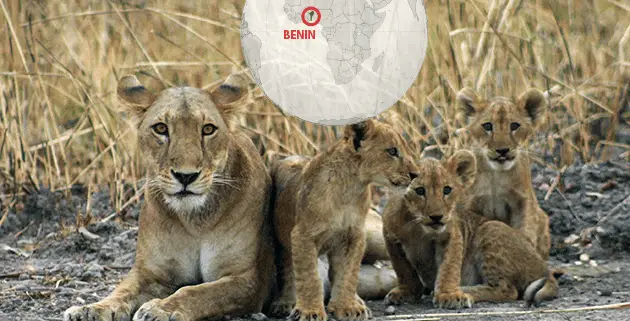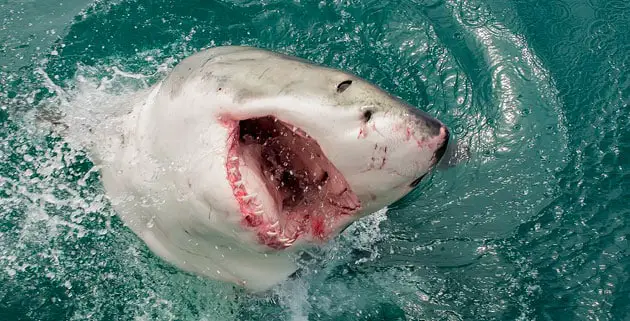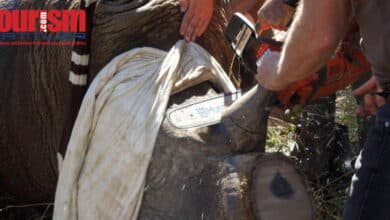Major Boost for Responsible Tourism in Conservation
The signing of a historic Cooperative Agreement between Kruger National Park and private reserves, state reserves and communal areas on the border of the park is seen as a major boost for responsible tourism in conservation across Africa.
According to Fair Trade Tourism (FTT), the Cooperative Agreement, signed on 5 December 2018, will see the Kruger National Park and its western neighbours adopting a common approach to responsible tourism, socio-economic development, wildlife security, disease management, sustainable utilisation, water use and alien plant clearing for the first time in the park’s history.
Signatories to the Agreement include the Makuleke Contractual Park, Makuya Nature Reserve, Letaba Ranch,
Fair Trade Tourism Managing Director Jane Edge said the signatories would need to comply with a range of responsible tourism criteria aligned to South Africa’s National Minimum Standard for Responsible Tourism, SANS 1162.
“This is a ground-breaking development for responsible tourism, not just in South Africa, but on the continent,” she said. “For the first time, all tourism players within a major conservation landscape will be committed to common best-practice criteria, ranging from sound energy, waste and water management, to local procurement and community empowerment.”
A consortium led by Fair Trade Tourism has been contracted to develop the responsible tourism criteria that signatories to the agreement will need to meet. “This will go a long way towards establishing the Greater Kruger Protected Area as the first truly sustainable wildlife tourism destination in Africa,” said Ms Edge.
The Co-operative Agreement is part of the process of expanding Kruger Park’s footprint across international borders to create the 10 million-hectare Great Limpopo Transfrontier Conservation Area (GLTFCA) as a world-leading conservation initiative. The Agreement took over three years to conclude.
Glenn Phillips, Managing Executive of Kruger National Park, said the Agreement “officially connects communities, the private sector and other conservation partners to make the Greater Kruger system bigger, more secure and more relevant to the lives of people outside the park”.
Header image: Game drive at Timbavati Private Game Reserve courtesy of Siyabona Africa.





